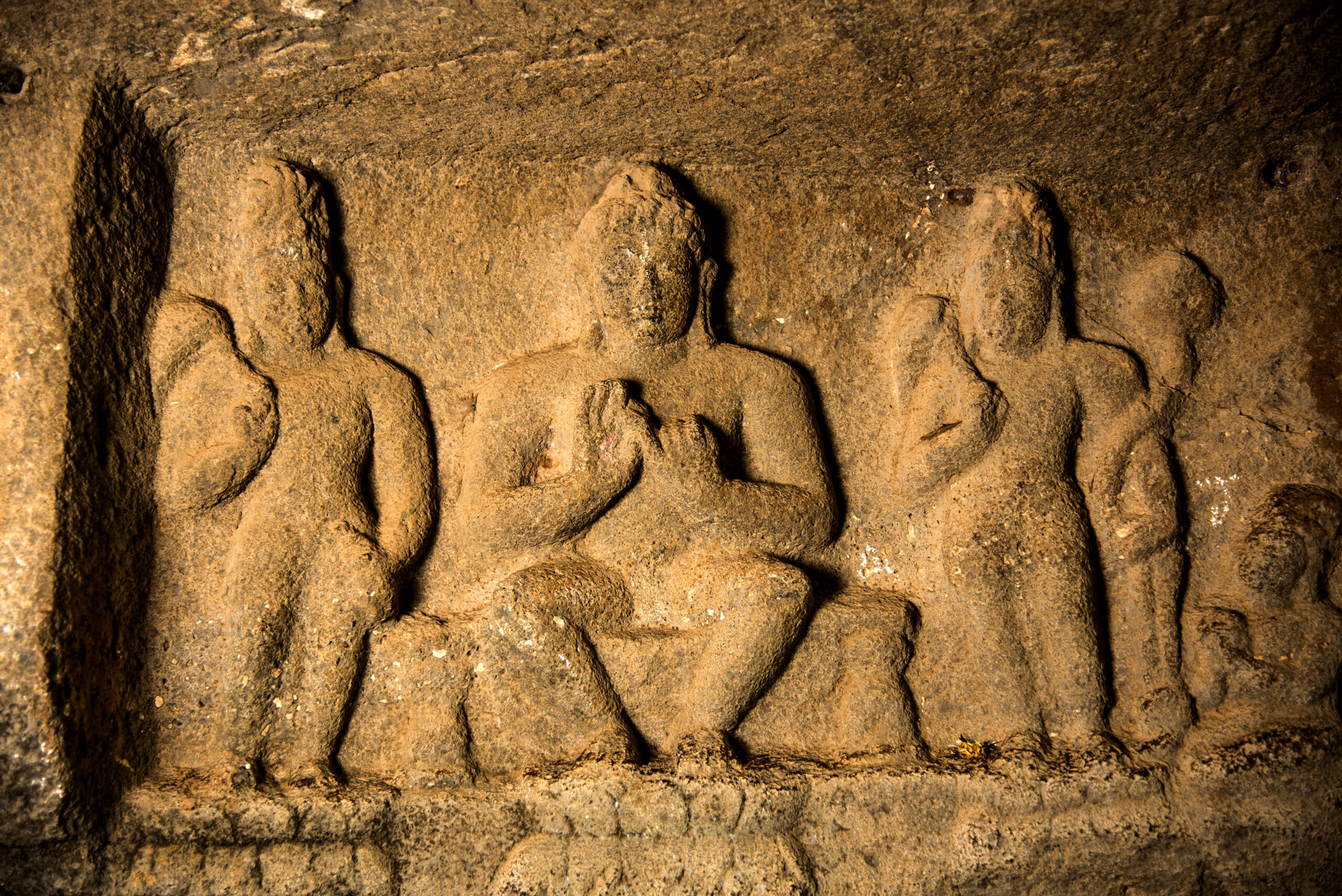On Your Bespoke Wellness Path: Embracing Bioindividuality
“The superior doctor prevents sickness; the mediocre doctor attends to impending sickness; the inferior doctor treats actual sickness.”
— Huangdi Neijing (The Yellow Emperor’s Classic of Medicine)
As part of my comprehensive coaching and holistic therapy programmes, I often encourage clients to explore the concept of bioindividuality. This concept posits that each individual’s health and wellness needs are unique, influenced by a myriad of factors, including genetics, lifestyle, and personal history. For instance, my mixed heritage—predominantly Chinese, Portuguese, and South Asian—has profoundly shaped my understanding of my own bioindividual needs. During my teenage years, I found that a diet predominantly composed of Western-type foods did not suit me well. Instead, adhering to a traditional Ayurvedic medical diet significantly improved my well-being for a time. Nowadays, I find that incorporating many elements of TCM or Shi Lao into my diet helps me feel my best. Shi Lao is an ancient principle within traditional Chinese medicine that emphasises the therapeutic power of food and has been particularly beneficial in helping me maintain balance. My personal journey illustrates the fluid nature of bioindividuality; it evolves with our life experiences and changing circumstances.
The Science Behind Bioindividuality
Bioindividuality is a foundational principle that recognises each person’s unique nutritional, physical, emotional, mental, and spiritual requirements. Scientific research supports the notion that genetic background significantly influences dietary needs and tolerances. For example, populations from different regions have evolved distinct digestive capabilities, such as lactose tolerance in Northern Europeans versus lactose intolerance in many other populations. Moreover, studies have shown that our responses to the same foods can vary widely based on our genetic makeup and metabolic rate.
Bioindividuality reflects the intricate web of factors influencing human health, suggesting that organisms are shaped by a combination of genetic, environmental, and experiential factors. This perspective respects the historical and evolutionary context of human development, supporting the idea that our ancestral diets and genetic backgrounds play a significant role in determining our optimal nutritional needs.
Factors Influencing Bioindividuality
- Genetics: Our ancestral diets can inform which foods we thrive on. For instance, those of East Asian descent might find optimal health in diets rich in rice, sea vegetables, and fish, while those of South Asian heritage may benefit from diets including basmati rice, cooked beans, and curry.
- Age: Nutritional and physical needs change throughout our lives. The requirements of a growing child differ vastly from those of an adult or elderly person.
- Sex: Biological differences necessitate different health strategies. For example, menstruating women have higher iron requirements compared to men.
- Location: Geographic location impacts dietary needs, such as the increased need for vitamin D supplementation in higher latitudes.
- Lifestyle: A sedentary office worker has different caloric and nutritional needs compared to a professional athlete, highlighting the importance of tailored dietary and exercise plans.
- Life Experience: Personal health histories, such as antibiotic use, can alter gut flora and affect dietary needs and responses to certain foods.
- Emotional Health: Emotional well-being influences our overall health. Stress, relationships, and emotional history play a role in shaping individual health needs.
- Mental Health: Cognitive processes and mental health conditions affect how we respond to various wellness practices. Personalised mental health care is a crucial aspect of bioindividuality.
- Spiritual Health: Spiritual beliefs and practices can profoundly impact overall wellness. Individual spiritual needs vary widely and are an integral part of bioindividuality.
Honouring Your Bioindividuality
Understanding and embracing your bioindividuality can be beneficial for achieving optimal health. This involves a process of self-discovery and experimentation to identify what works best for you. Monitoring your diet and keeping a food journal can provide invaluable insights.
Embracing an intuitive and holistic approach to health involves listening to one’s body, emotions, mind, and spirit, and observing their responses to various foods, lifestyle choices, and wellness practices. This personalised understanding of wellness moves away from standardised, one-size-fits-all health recommendations towards a more individualised, experiential approach.
Practical Steps to Embrace Bioindividuality
- Identify Food Sensitivities: Begin with a clean slate by eliminating processed foods and gradually reintroducing them to pinpoint sensitivities.
- Monitor Macronutrient Intake: Adjust the ratios of fats, proteins, and carbohydrates to find what keeps you energised and satiated.
- Investigate Ancestral Diets: Your genetic background can offer clues about which foods you might thrive on.
- Assess Emotional Health: Reflect on your emotional well-being and consider practices like mindfulness, meditation, or therapy to support it.
- Support Mental Health: Pay attention to your mental health needs and engage in practices that promote cognitive wellness and mental clarity.
- Nurture Spiritual Health: Explore and honour your spiritual needs through practices that resonate with you, such as meditation, prayer, or nature walks.
Embarking on the journey to health is a deeply personal and rewarding endeavour. By understanding and respecting your bioindividuality, you can tailor your diet, lifestyle, and wellness practices to your unique needs, helping to pave the way for a healthier and more fulfilling life.

